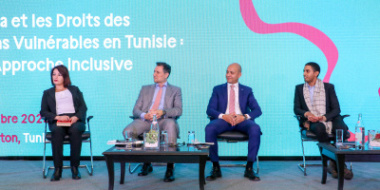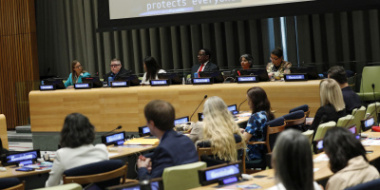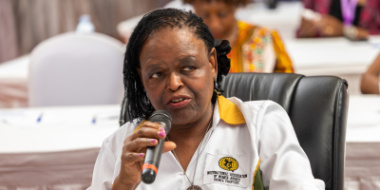Tunisia: A Window of Opportunity
As Tunisia’s new government marks 100 days in office, cementing the transition to democracy, the focus for international intervention now moves to a longer-term perspective. With this in mind, IDLO has conducted a mission to Tunis to assess emerging needs and discuss the support the organization could offer.












